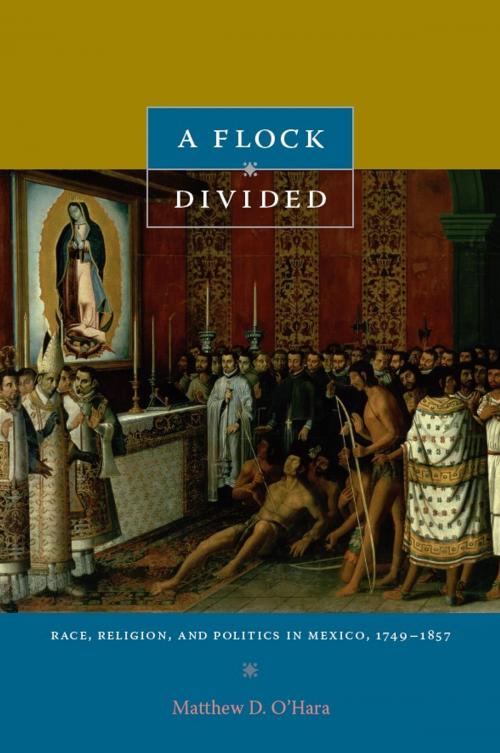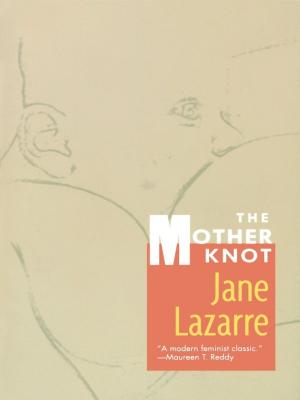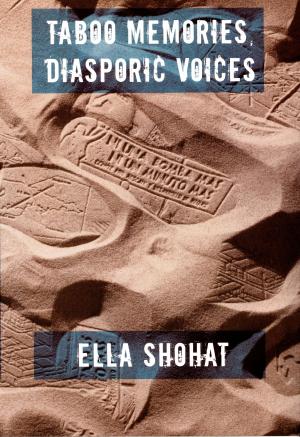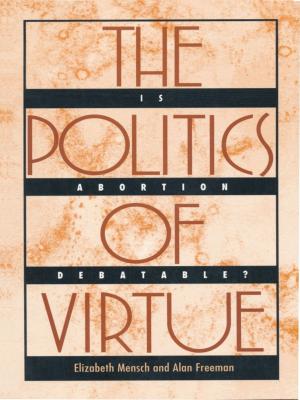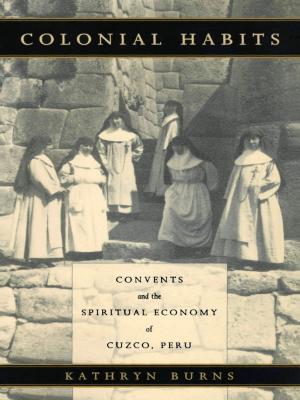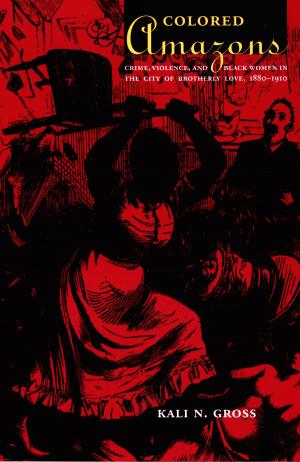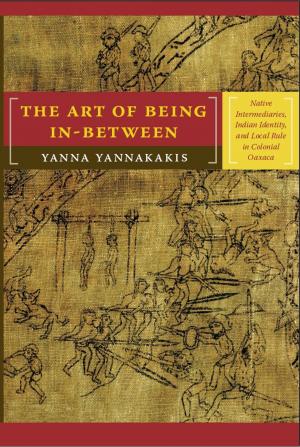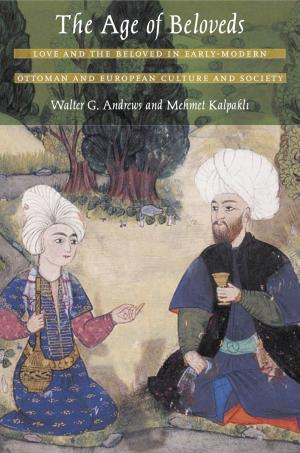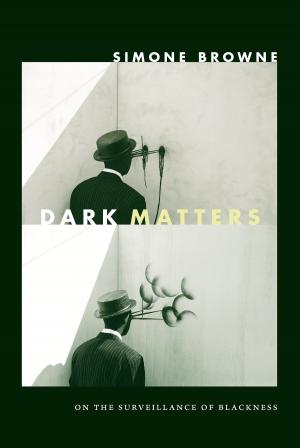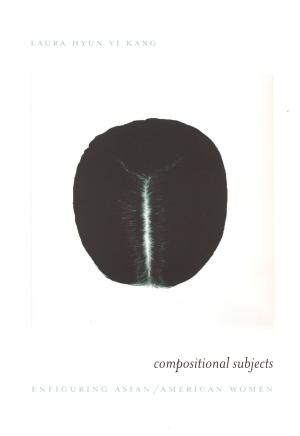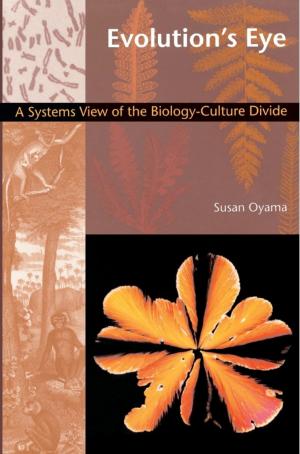A Flock Divided
Race, Religion, and Politics in Mexico, 1749–1857
Nonfiction, History, Americas, Mexico, Religion & Spirituality, Christianity, Church| Author: | Matthew D. O'Hara | ISBN: | 9780822392491 |
| Publisher: | Duke University Press | Publication: | November 23, 2009 |
| Imprint: | Duke University Press Books | Language: | English |
| Author: | Matthew D. O'Hara |
| ISBN: | 9780822392491 |
| Publisher: | Duke University Press |
| Publication: | November 23, 2009 |
| Imprint: | Duke University Press Books |
| Language: | English |
Catholicism, as it developed in colonial Mexico, helped to create a broad and remarkably inclusive community of Christian subjects, while it also divided that community into countless smaller flocks. Taking this contradiction as a starting point, Matthew D. O’Hara describes how religious thought and practice shaped Mexico’s popular politics. As he shows, religion facilitated the emergence of new social categories and modes of belonging in which individuals—initially subjects of the Spanish crown, but later citizens and other residents of republican Mexico—found both significant opportunities for improving their place in society and major constraints on their ways of thinking and behaving.
O’Hara focuses on interactions between church authorities and parishioners from the late-colonial era into the early-national period, first in Mexico City and later in the surrounding countryside. Paying particular attention to disputes regarding caste status, the category of “Indian,” and the ownership of property, he demonstrates that religious collectivities from neighborhood parishes to informal devotions served as complex but effective means of political organization for plebeians and peasants. At the same time, longstanding religious practices and ideas made colonial social identities linger into the decades following independence, well after republican leaders formally abolished the caste system that classified individuals according to racial and ethnic criteria. These institutional and cultural legacies would be profound, since they raised fundamental questions about political inclusion and exclusion precisely when Mexico was trying to envision and realize new forms of political community. The modes of belonging and organizing created by colonialism provided openings for popular mobilization, but they were always stalked by their origins as tools of hierarchy and marginalization.
Catholicism, as it developed in colonial Mexico, helped to create a broad and remarkably inclusive community of Christian subjects, while it also divided that community into countless smaller flocks. Taking this contradiction as a starting point, Matthew D. O’Hara describes how religious thought and practice shaped Mexico’s popular politics. As he shows, religion facilitated the emergence of new social categories and modes of belonging in which individuals—initially subjects of the Spanish crown, but later citizens and other residents of republican Mexico—found both significant opportunities for improving their place in society and major constraints on their ways of thinking and behaving.
O’Hara focuses on interactions between church authorities and parishioners from the late-colonial era into the early-national period, first in Mexico City and later in the surrounding countryside. Paying particular attention to disputes regarding caste status, the category of “Indian,” and the ownership of property, he demonstrates that religious collectivities from neighborhood parishes to informal devotions served as complex but effective means of political organization for plebeians and peasants. At the same time, longstanding religious practices and ideas made colonial social identities linger into the decades following independence, well after republican leaders formally abolished the caste system that classified individuals according to racial and ethnic criteria. These institutional and cultural legacies would be profound, since they raised fundamental questions about political inclusion and exclusion precisely when Mexico was trying to envision and realize new forms of political community. The modes of belonging and organizing created by colonialism provided openings for popular mobilization, but they were always stalked by their origins as tools of hierarchy and marginalization.
